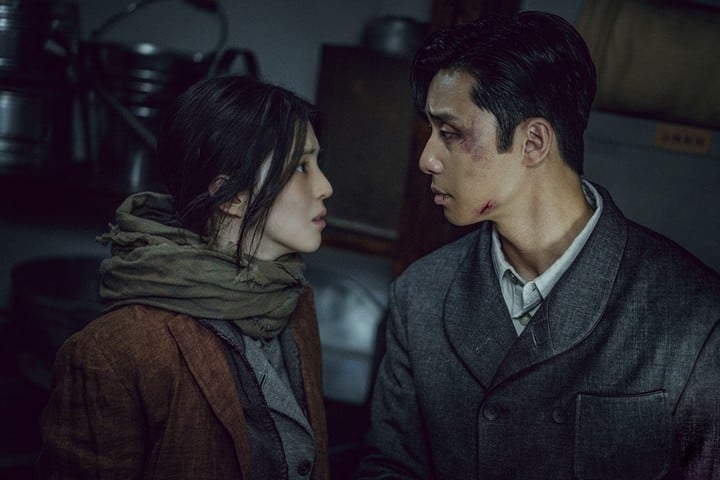
Actress Han So Hee recently discussed the backlash she faced from Japanese netizens regarding her social media post related to the Netflix original series 'Gyeongseong Creature.' During an interview with Ten Asia at a cafe in Samcheong-dong, Seoul, Han So Hee shared insights about the series and her experience.
Set in the darkest period of 1945, 'Gyeongseong Creature' follows the survival struggle of two young people against a monster born out of greed. Han So Hee portrays the famed tracker Yoon Chae-ok in the series. Following the release of the series' Part 1, Han So Hee uploaded a picture of Korean independence activist An Jung-geun on her social media, which resulted in severe backlash from Japanese netizens.
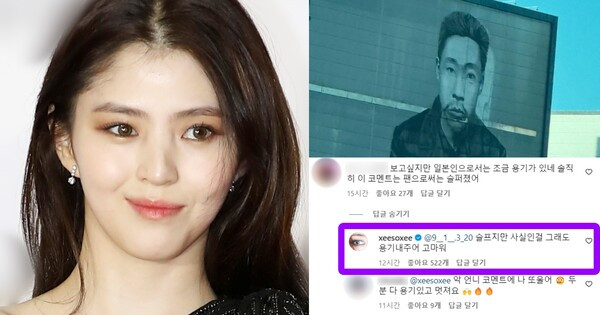
Han So Hee explained that the post wasn’t intended to provoke any specific reaction. She had taken the photo earlier and decided to post it a few days after the series' release. She felt that public discourse was drifting away from the themes she believed were central to the series, like the camaraderie between the characters Yoon Chae-ok and Tae-sang (played by Park Seo Joon), and wanted to refocus attention on the varied stories of people living through that era.
Addressing a comment from a Japanese fan expressing sadness over her post, Han So Hee replied empathetically, acknowledging the painful truth of history while appreciating the courage it took to comment. She was grateful for the warmth of the comment and the supportive messages from Japanese fans, who urged her not to be hurt by the backlash and acknowledged that the hateful comments did not represent everyone's opinion.
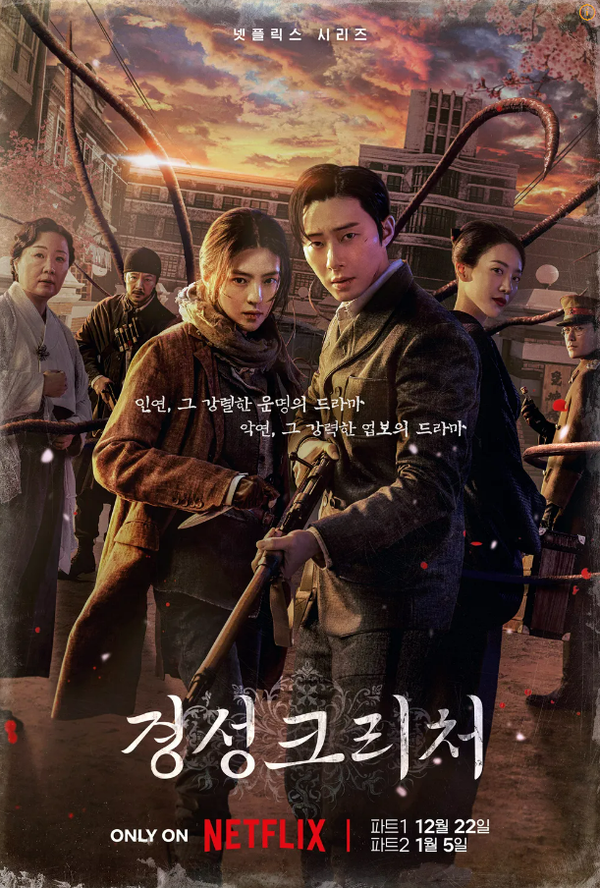
Han So Hee clarified that she did not calculate the impact of her post but respected everyone's thoughts. Her intention was to share her perspective and invite others to share theirs, not to incite conflict. She acknowledged the sad reality of history and affirmed her stance on the matter.
 SHARE
SHARE
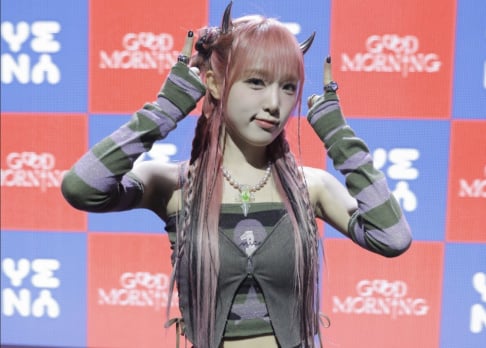
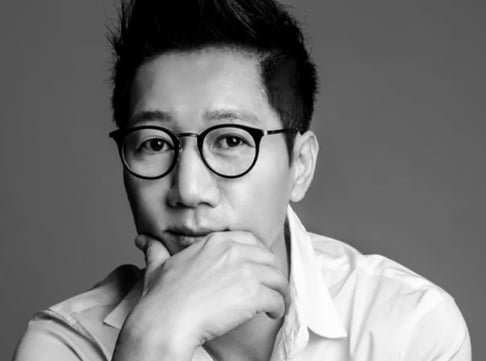
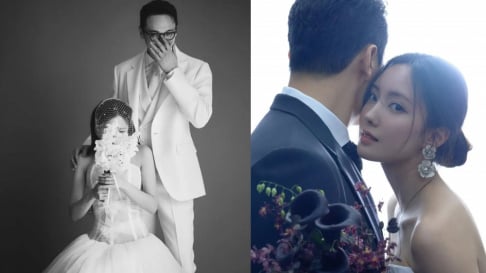
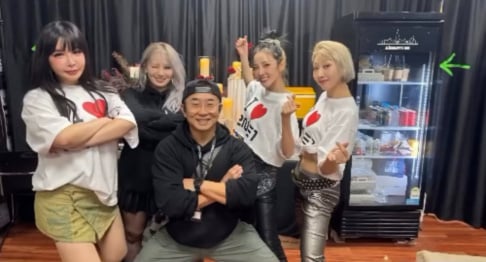
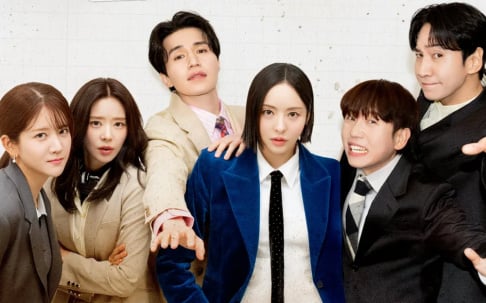
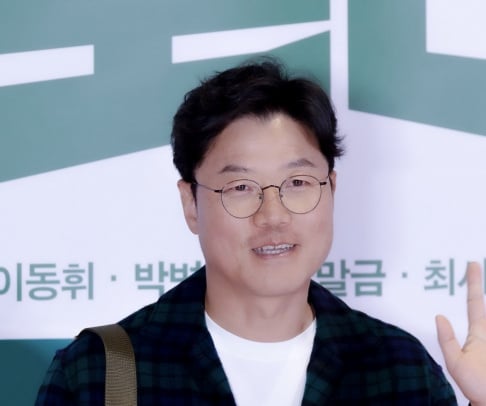
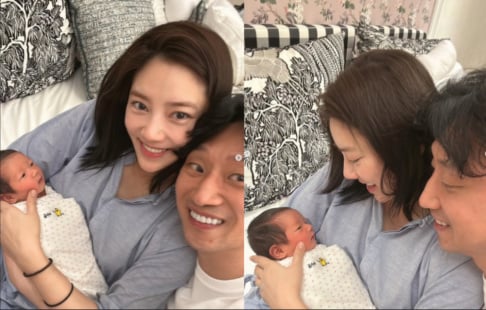
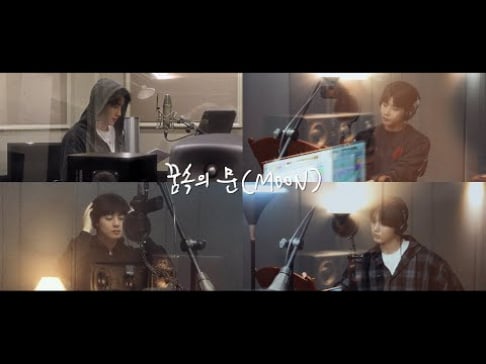
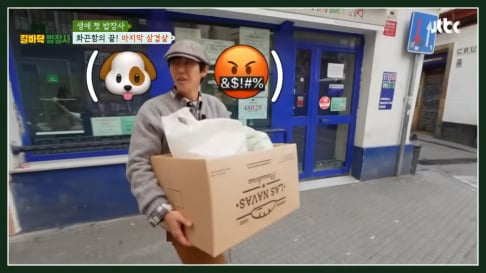
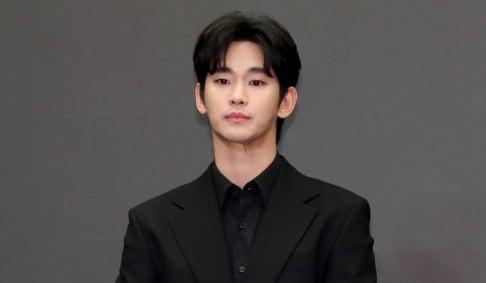
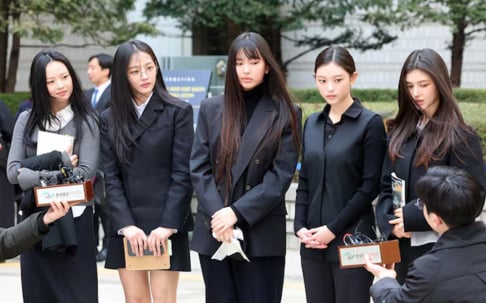

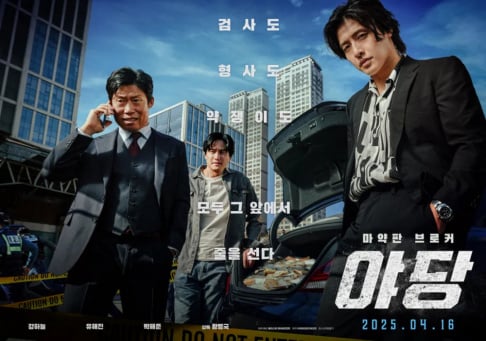
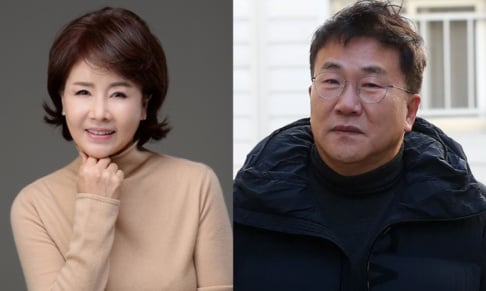
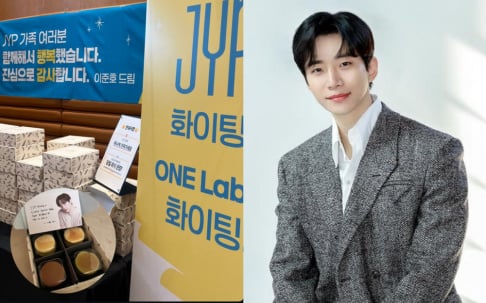
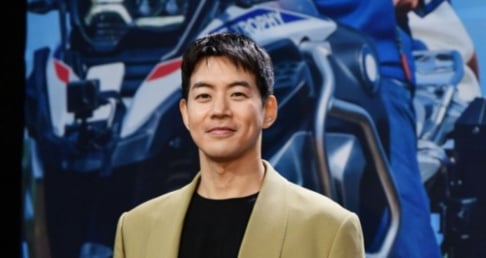
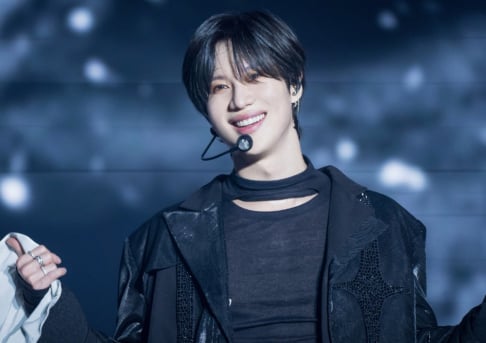

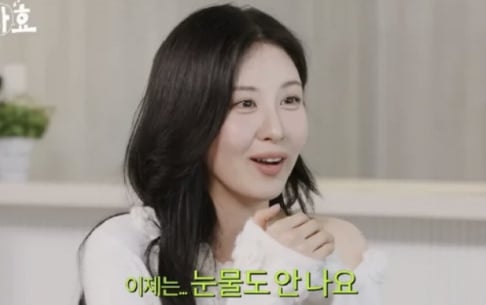
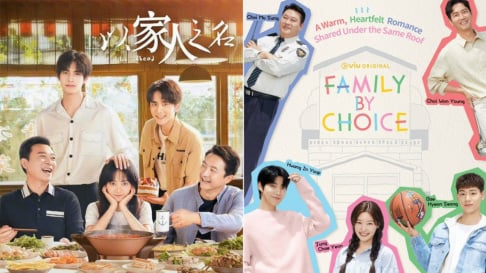
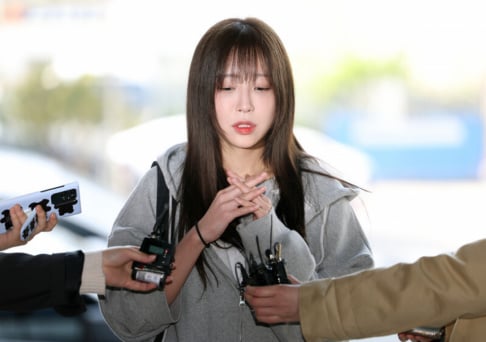
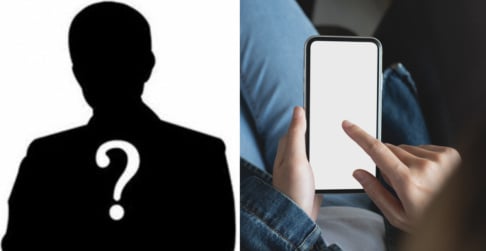
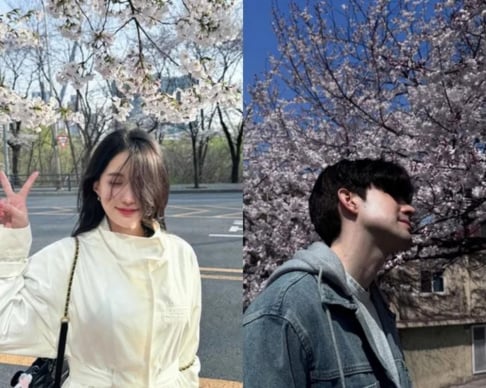


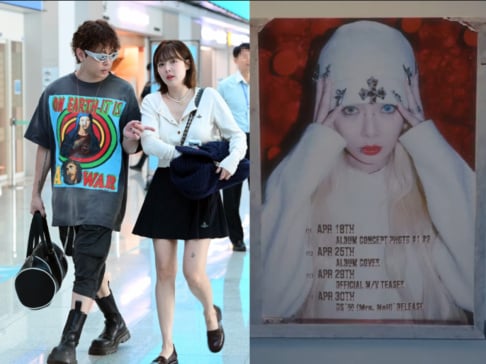
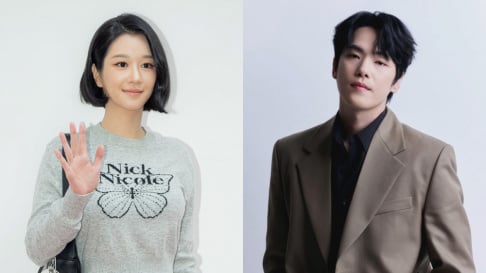

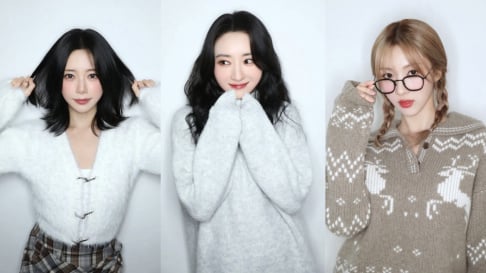
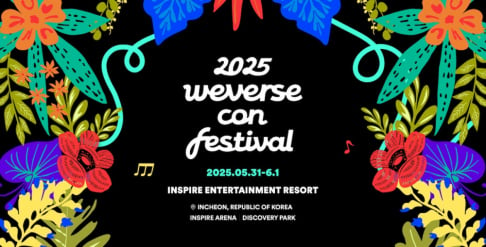

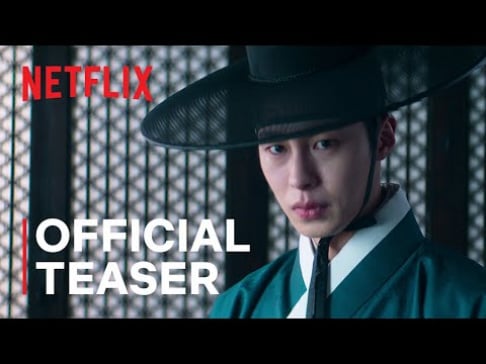
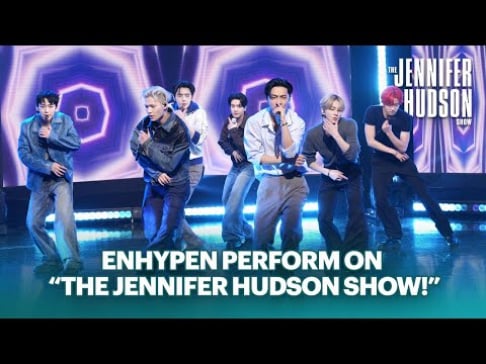
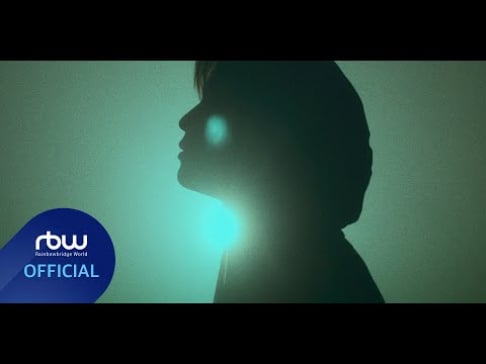
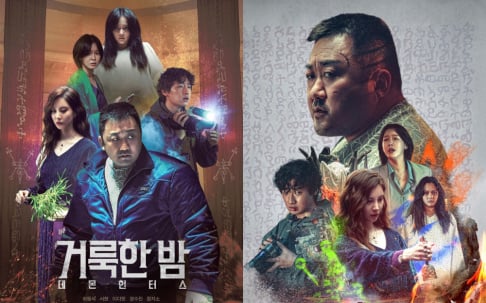
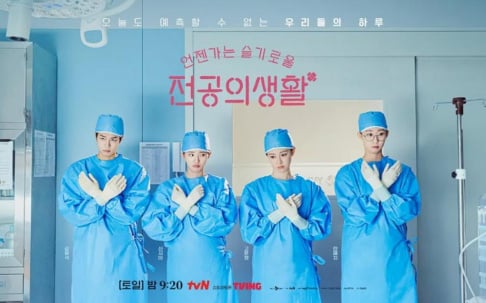
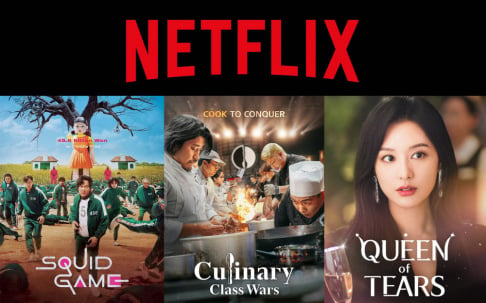
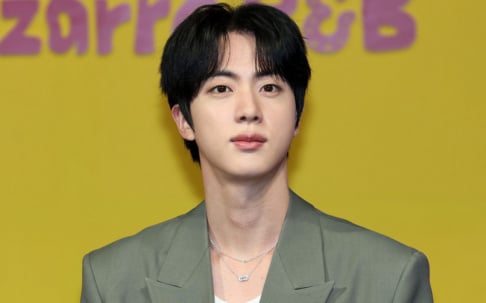
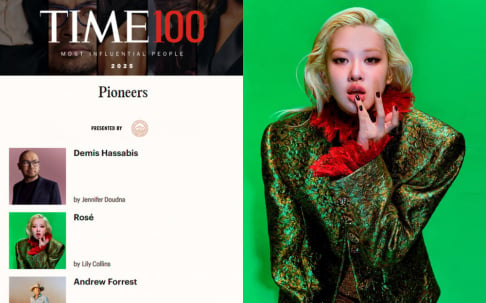
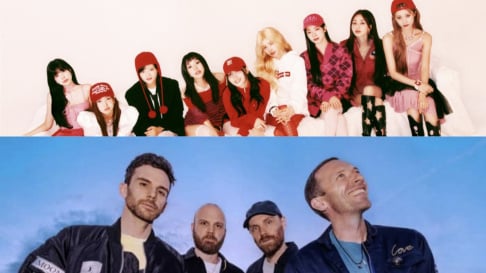

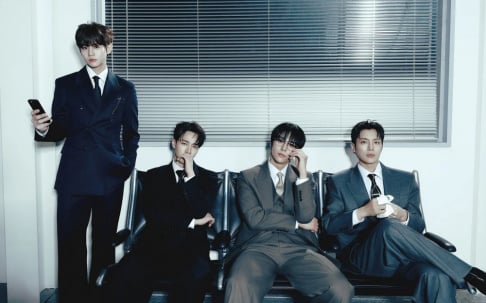






But the problem is that the Japanese should not be offended because their ancestors were war criminals who conquered and enslaved other countries. They should be able to talk about the past without distorting facts that are widely known all over the world. The fact that their past was bad, their ancestors committed crimes, should not offend if they are not this type of people themselves. Japan itself should make this type of drama about the crimes of its ancestors, condemning them, and not films glorifying kamikaze soldiers. They had the same problem with the reception of a film about atomic bombs. It was not by accident that the atomic bombs fell. Citizens of a country are responsible for the policy of their country. Japan wanted to be an empire, it murdered other nations, so they paid the price for their crimes.